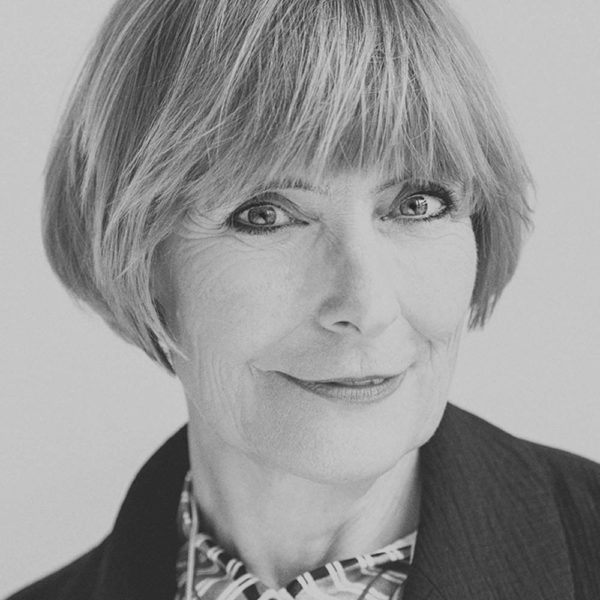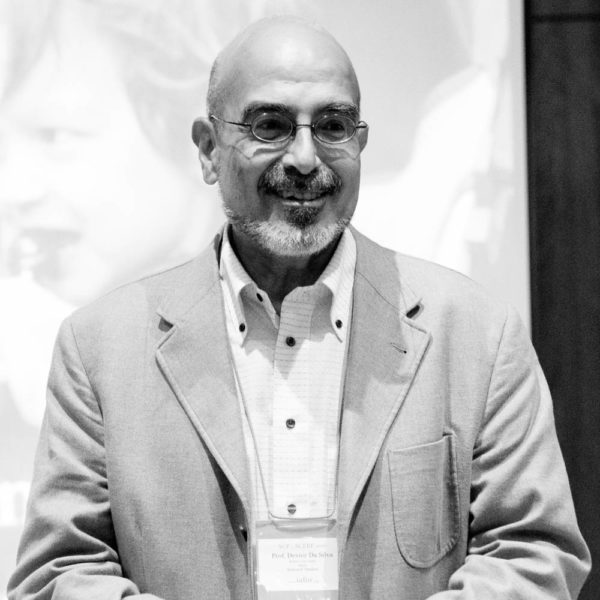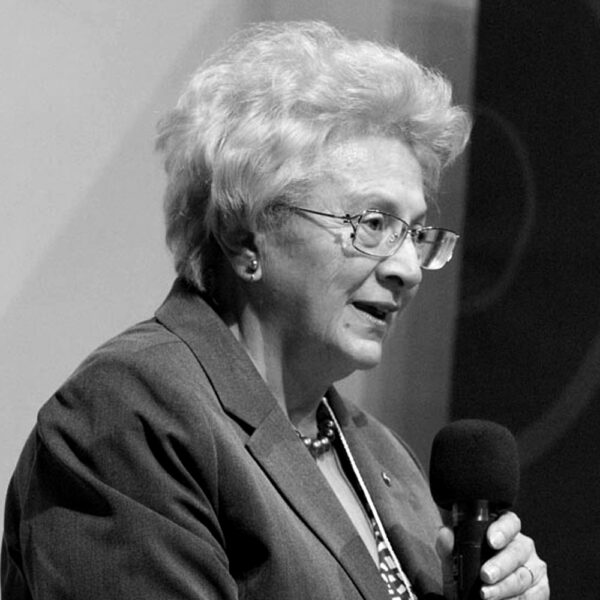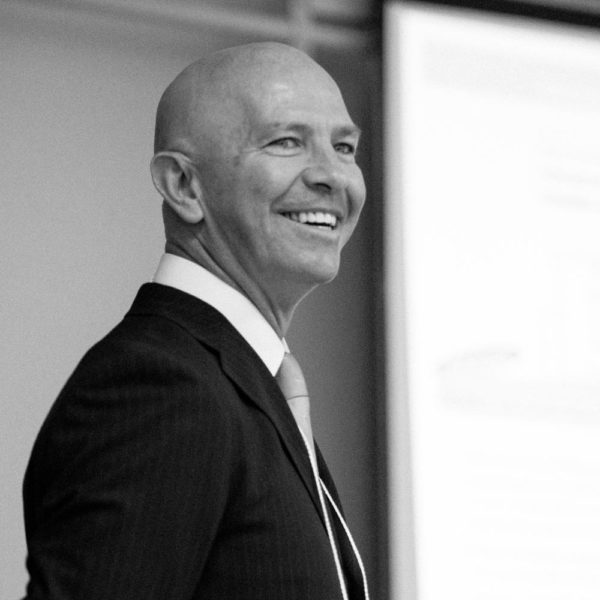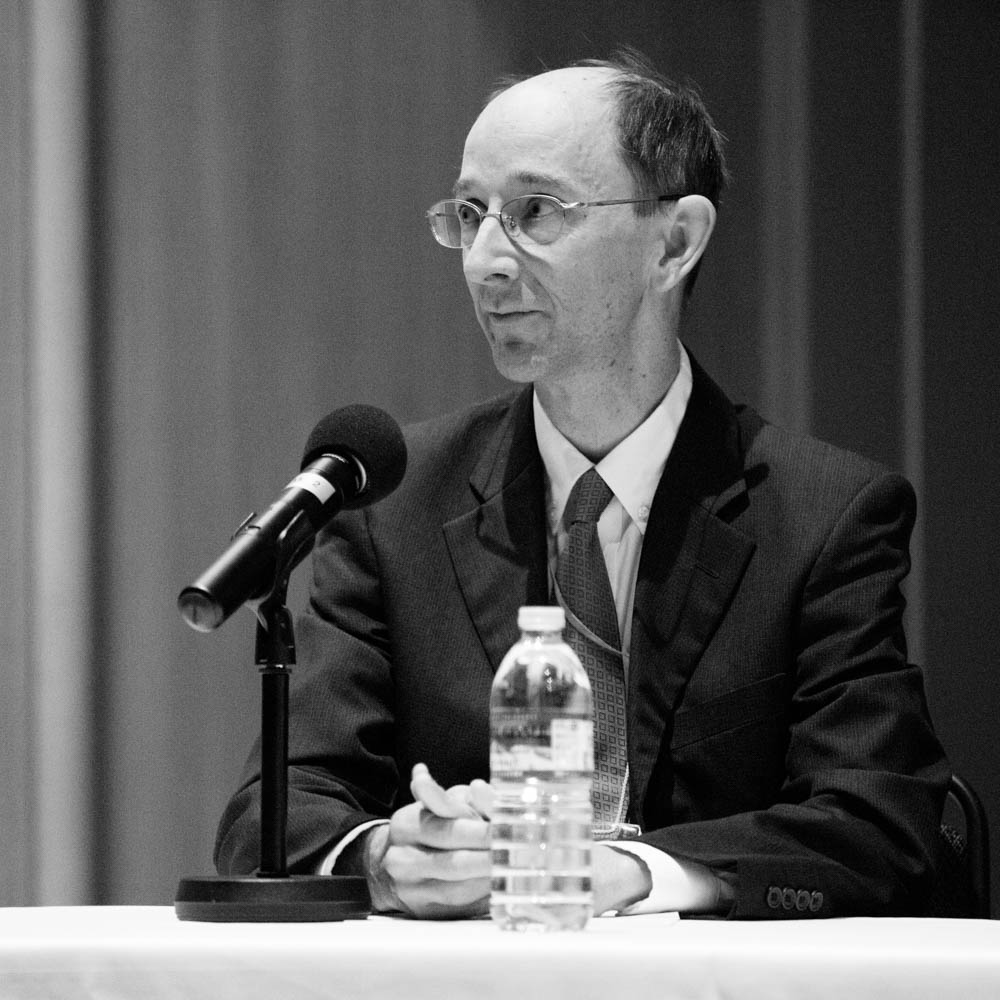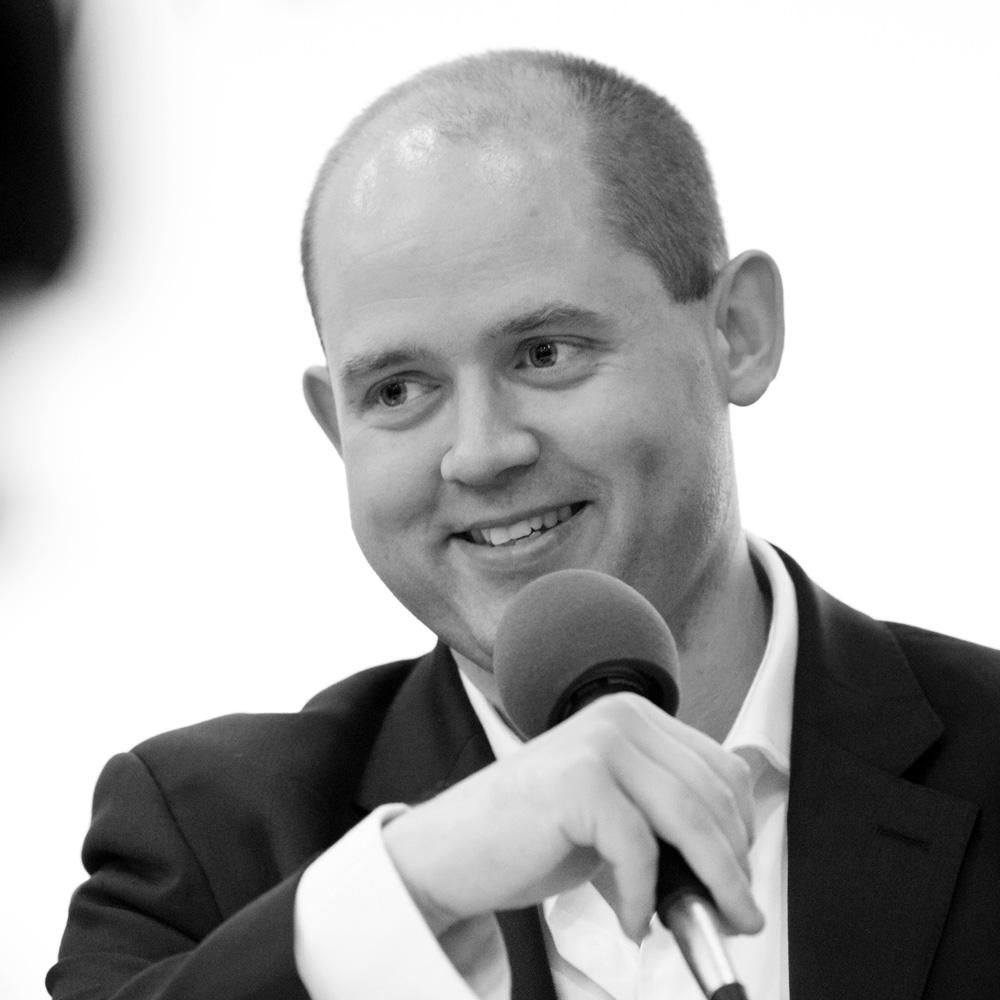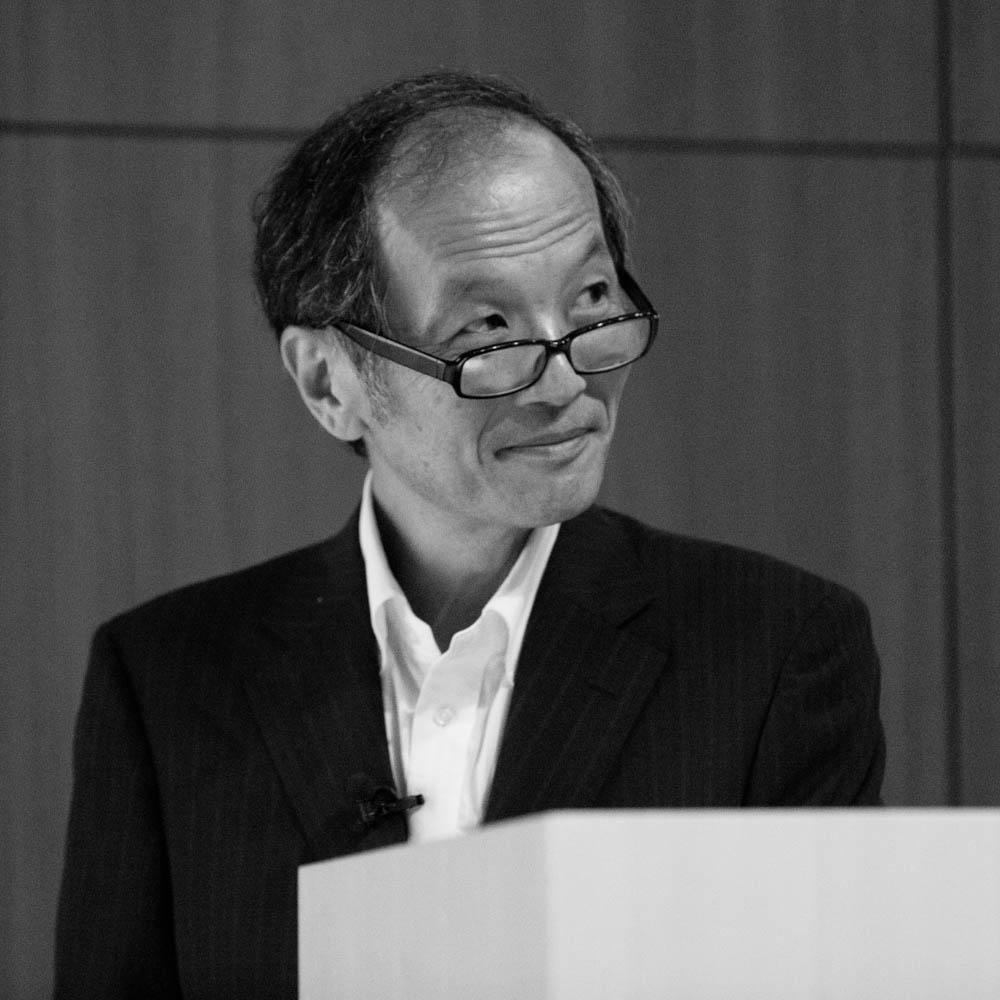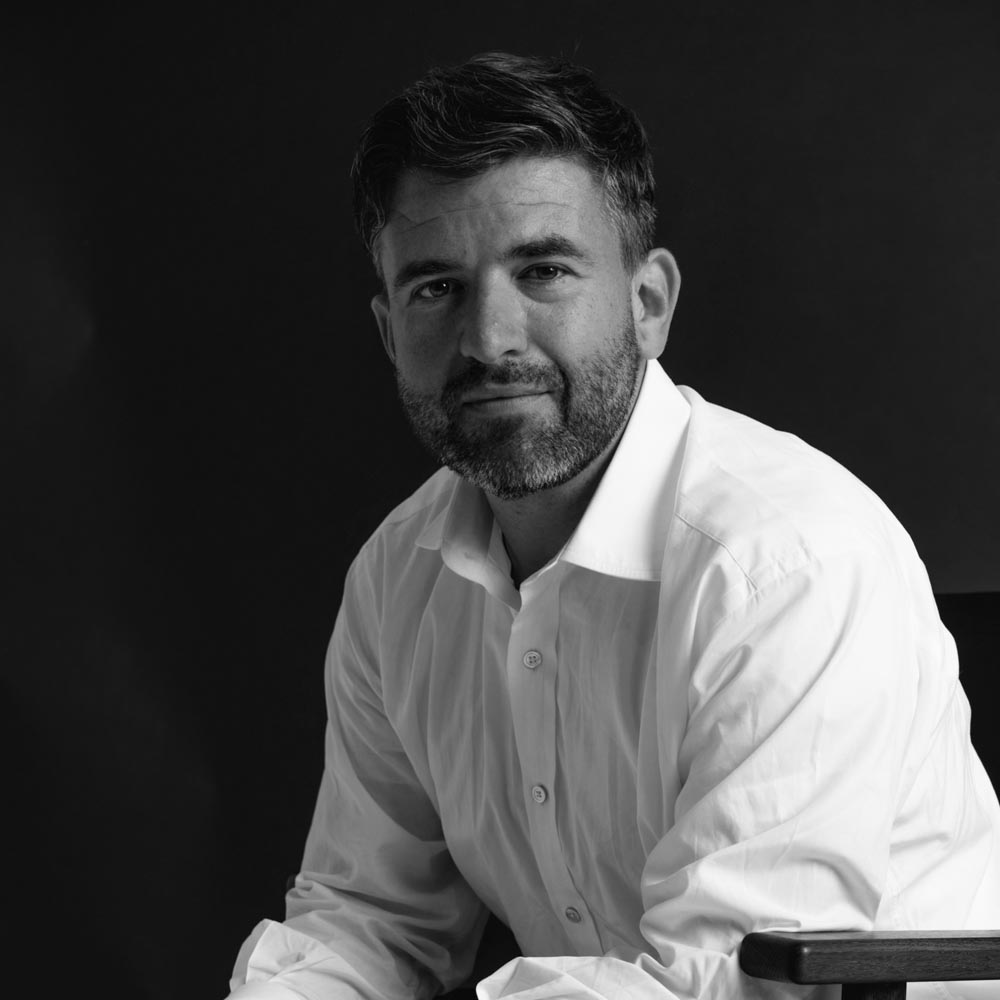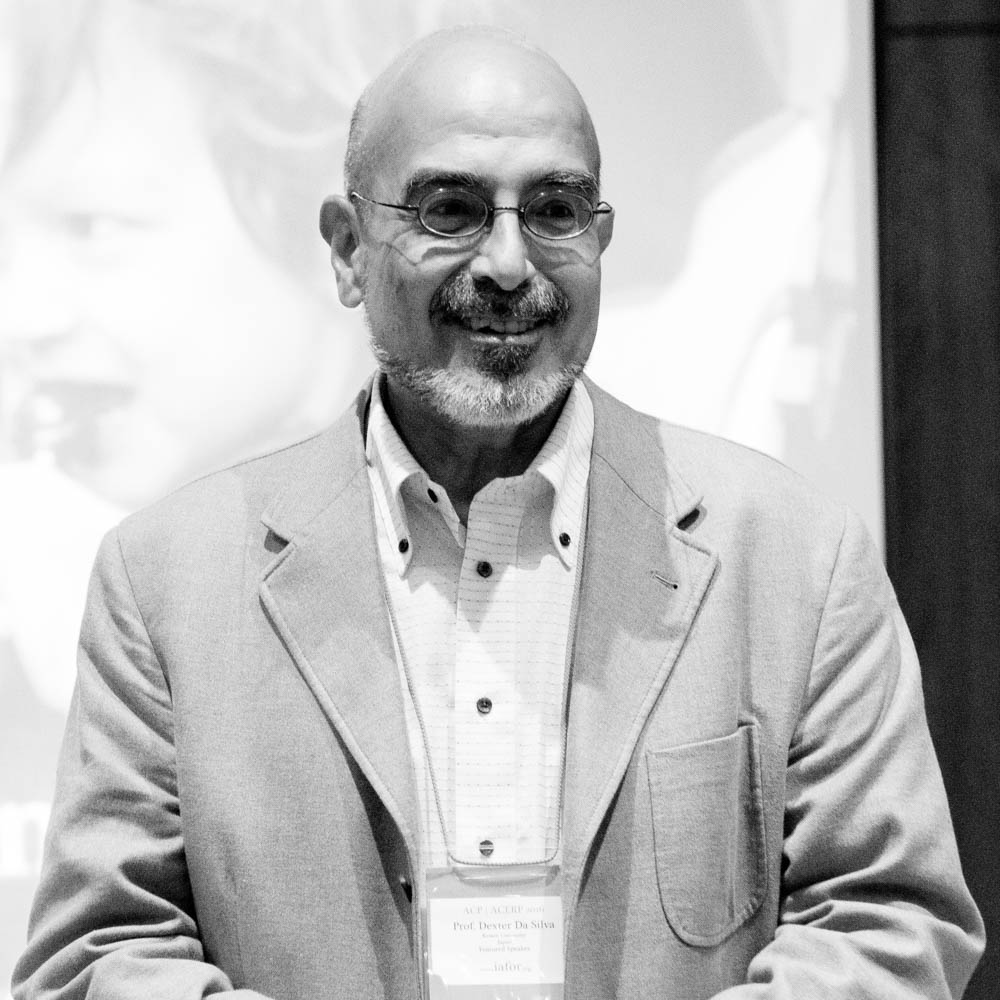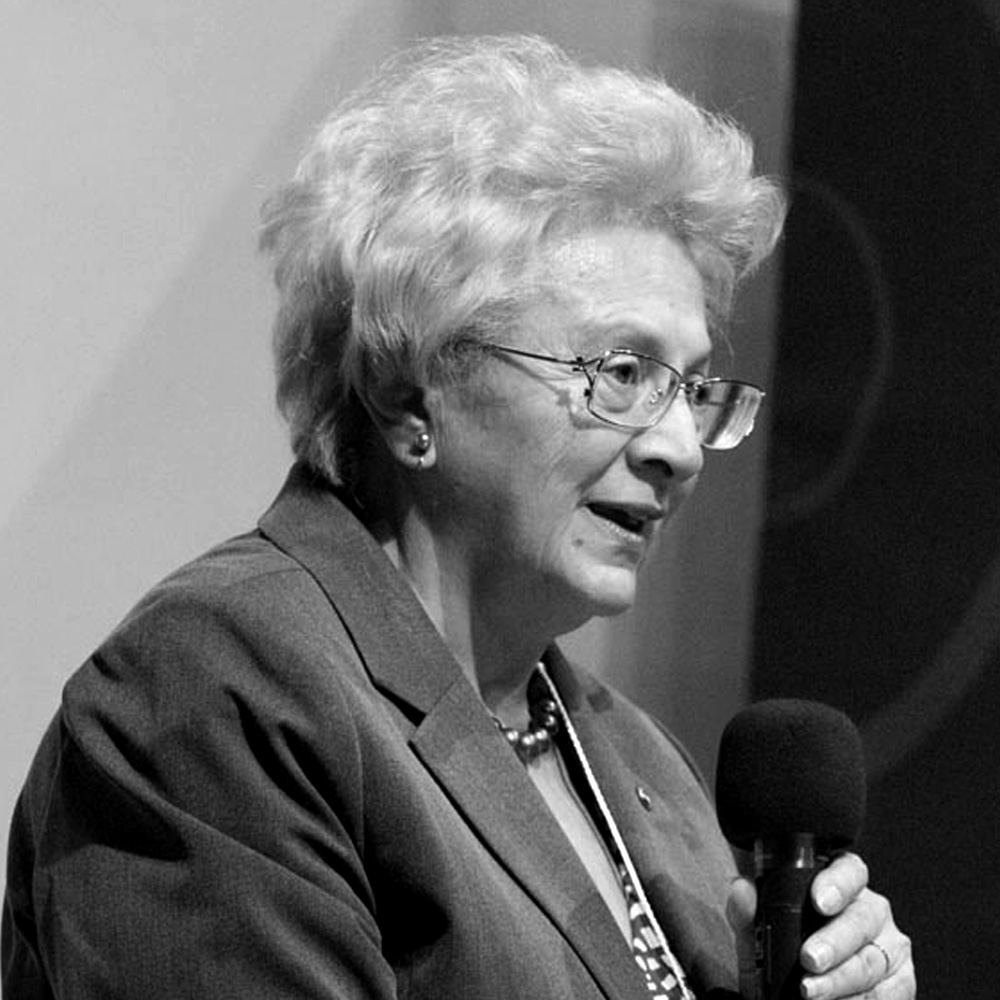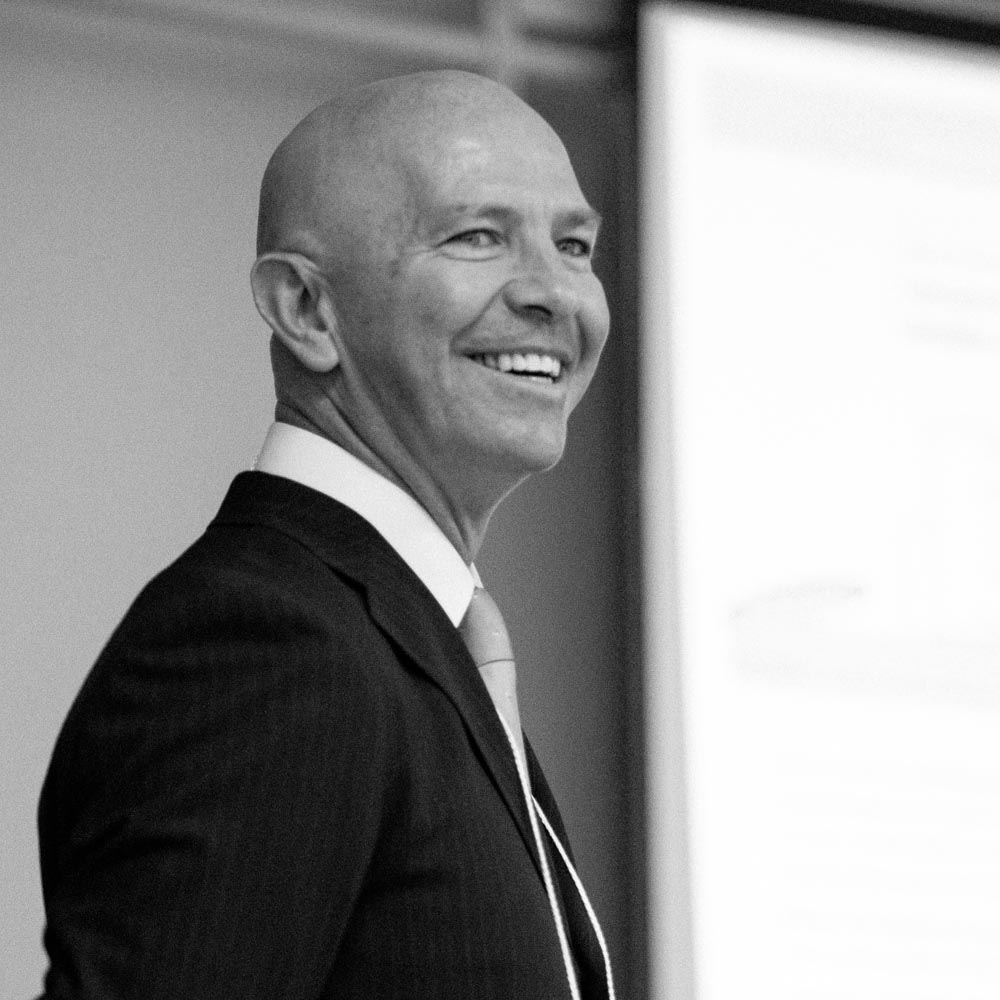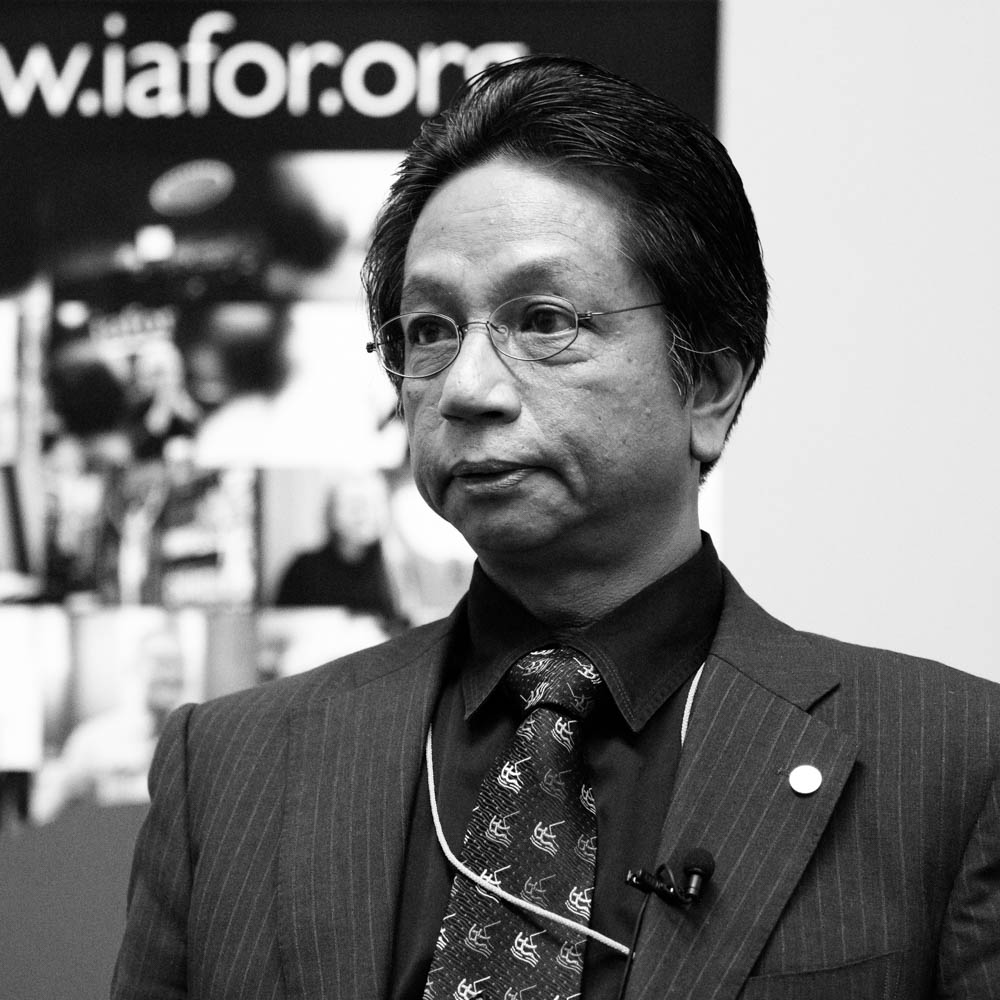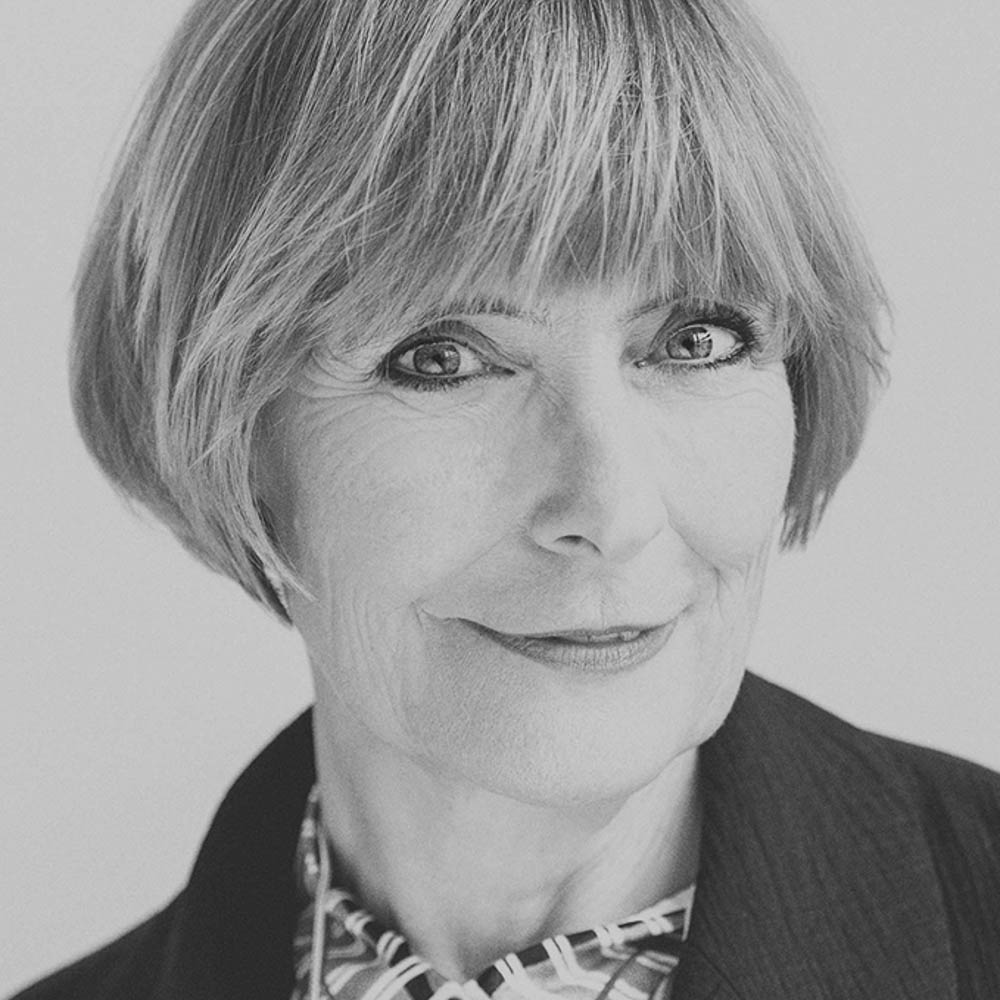Board of Directors
The Board of Directors oversees the activities and operations of IAFOR, and ensures adherence to its mission. The Board has fiduciary and governance responsibility for the good operation and management of the organisation. The Board of Directors is chaired by Dr Joseph Haldane.
-
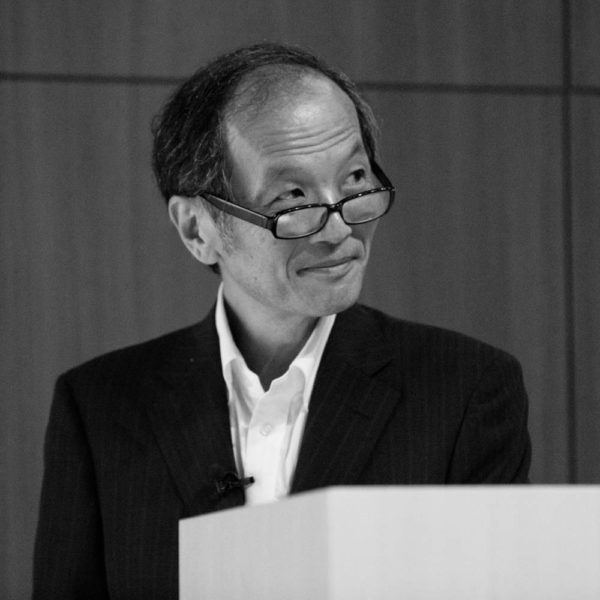 Professor Jun ArimaIAFOR & University of Tokyo, Japan
Professor Jun ArimaIAFOR & University of Tokyo, Japan -
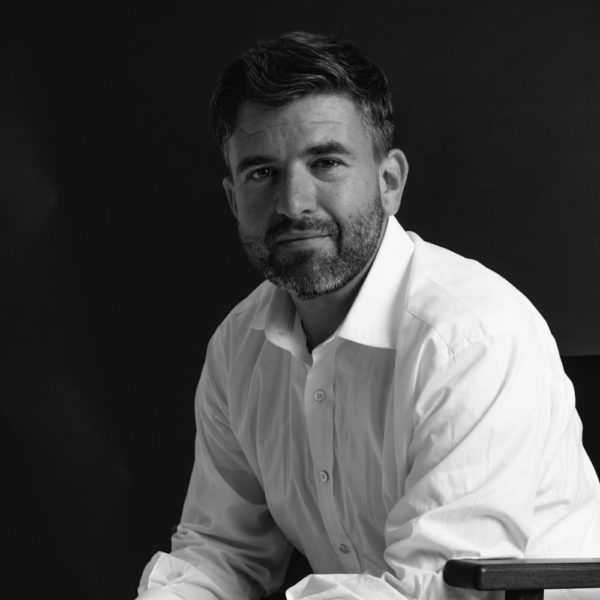 Dr Joseph HaldaneThe International Academic Forum (IAFOR), Japan
Dr Joseph HaldaneThe International Academic Forum (IAFOR), Japan -
Professor Dexter Da SilvaKeisen University, Japan
-
Professor Ljiljana MarkovicEuropean Center for Peace and Development (ECPD), United Nations University for Peace
-
Professor Grant BlackChuo University, Japan
-
Dr Monty P. SatiadarmaTarumanagara University, Indonesia
Advisor to the Board of Directors
Past Presidents
His Excellency Professor Toshiya Hoshino (2022–2023)
Professor Steve Cornwell (2017–2022) †
Dr Joseph Haldane (2014–2016)
Past Chairs
The Reverend Professor Stuart D. B. Picken (2010–2016) †

